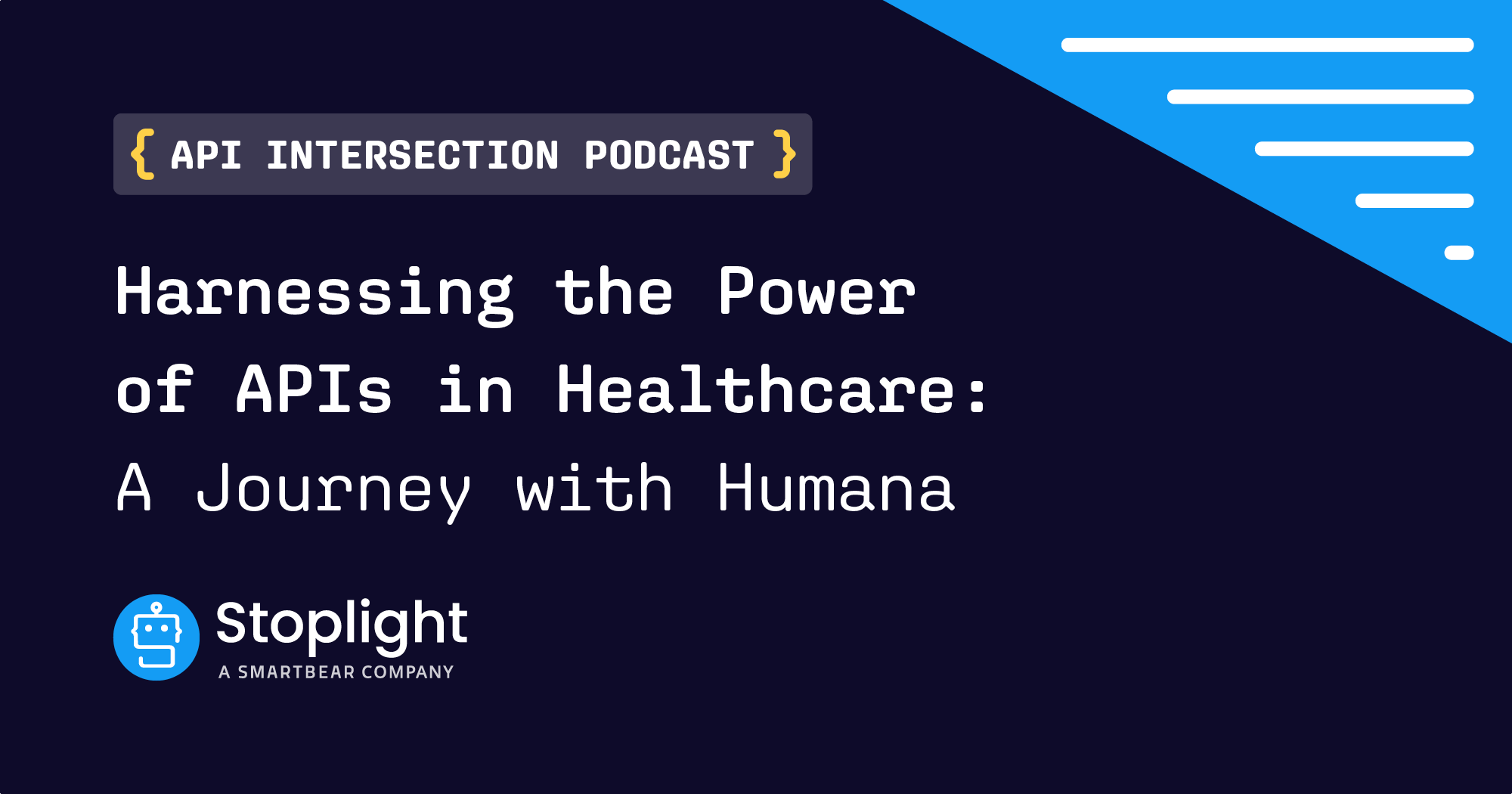“The technology changes, but the problems stay relatively the same.”
— Mike Amundsen, Author, Speaker, and Advisor of Amundsen.com.
This week, having an old friend and colleague on API Intersection was a pleasure. Mike Amundsen is a well-known advisor and speaker in the API space with a lot of knowledge of the API world. He travels the world consulting on network architecture, web development, and the intersection of technology and society.
I brought Mike on to discuss the challenges of scaling APIs and how to transform large-scale programs and platforms. As Mike puts it, “Change is inevitable, but if you embrace it, you can actually turn it into a superpower.”
Here are his main takeaways:
Create Cohesion and a Shared Language:
Building platforms and systems require coherence and cohesion among different teams, languages, vocabularies, and product spaces. Mike recommends finding common ground and establishing a shared vocabulary to enable effective communication, collaboration, and a coherent system.
Be sure your teams are aligned on terminology and that it matches the same naming conventions your external audiences utilize as well. To understand and align within the organization, your external customer-centric and internal perspectives must line up.
Once you have a common language, it empowers cross-departmental teams to work together and encourages experimentation with different technical implementations.
Note that the goal is not to make everything the same but to create a program that makes sense across various skills and abilities. Mike encourages a ‘focus on the comprehensibility of the API design. Your customers should be able to recognize and understand the APIs without extensive documentation.’
Embrace Change:
Change is a constant, especially in large organizations, and the pace of internal change often exceeds external change. Mike’s second tip was that organizations should embrace and adapt to change rather than imposing their old legacy preferences. Change should be seen as a feature and a superpower, enabling innovation and growth of your API strategy.
And hey, if you’re a smaller organization, the principles of platform transformation can also apply to more minor scales. Mike encourages focusing on technology as an enabler rather than a constraint is essential. Organizations should be prepared to adopt new technologies when needed and be ready for change as their audience and requirements evolve.
“Technology should be seen as a tool to solve problems rather than an end in itself,” shares Mike. “Technology choices may vary, but the goal remains consistent: delivering value to customers.”
Don’t Forget Diversity and Inclusivity
To truly carve out large-scale API programs, involve diverse stakeholders, teams, technologies, and perspectives. This is also called the design-first approach and should be implemented in everything from your API design all the way up to any large-scale technology initiatives.
When undergoing a transformational change, it’s essential to embrace diversity and ensure inclusivity in decision-making and problem-solving. Remember that the different skill levels, cultures, and abilities should be considered to create a platform that works for everyone. Include developers, product owners, marketing, customer success, and maybe even a consumer’s opinion or two in the decision process to ensure no perspectives are missed.
Shift the Culture:
Building a successful platform requires a cultural shift within the organization. It involves viewing everyone, including colleagues, as part of the technology and delivery mechanism. Change management and enabling positive change become key aspects, ensuring that people are comfortable with change and providing the necessary support for transformation.
Thanks for coming on the show Mike, and if you’re a fan of API-related podcasts, I encourage you also to check out the one he now co-hosts called “APIs Unplugged” with Matt McLarty. He’s also launching a new podcast called “The API Experience,” with a similar focus on sharing experiences and insights in the API space that will be out soon. In the meantime, subscribe to API Intersection for more insights and industry conversations.

